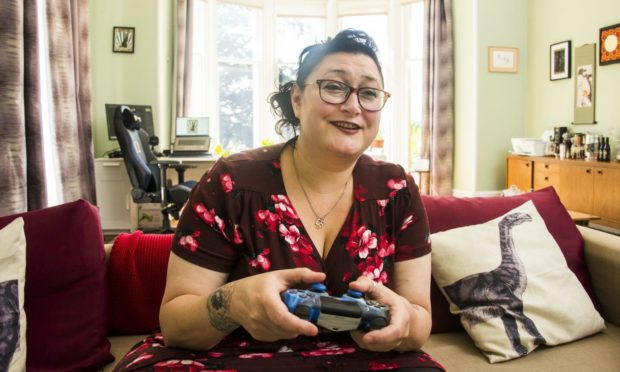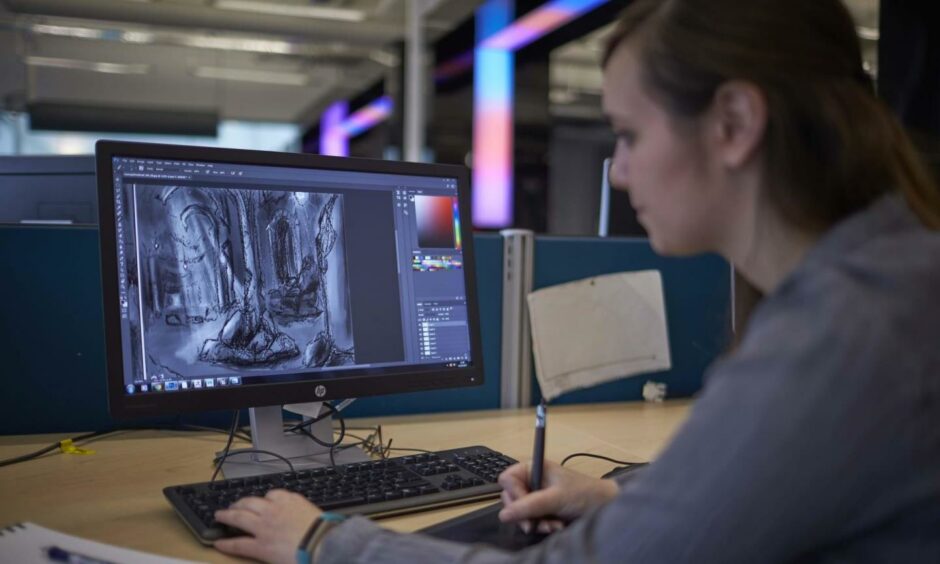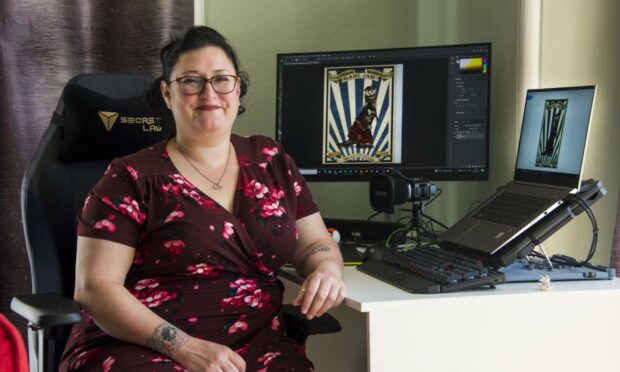A new video games project is being launched with the aim of making Gaelic more accessible to younger audiences.
The Kilted Otter initiative, which is a partnership between the Scottish Government, Abertay University, MG Alba and Bòrd na Gàidhlig, will create new digital games to appeal to and educate national and international players.
The project, once completed, will be rolled out across the country to better educate kids on Gaelic and Scottish heritage while making it fun and accessible.
The project is set out in phases with the first phase being to research and gather key information regarding Gaelic history that can be best used in the games function.
This will be part of a guidance pack that will then be used during a two-month game jam in which designers will use it as inspiration to create video games with a Gaelic heritage connection.
The game-jam will take place at Scotland’s premier Gaelic festival, the Royal National Mod festival, marking the first time that game design has been part of the programme of events that usually showcase the best in Gaelic music, food and sport.
While the games will have a distinctive Gaelic theme and flare, they will also need to be accessible to a wider audience so key narration and design will not always be in Gaelic.
Local authorities across Scotland are also keen to take part as they could use the game jam within language classes to better engage students through a more interesting experience learning Gaelic.
‘Creating more ways to use Gaelic in an entertaining, creative and fun way’
Abertay University’s Charly Harbord, who created and leads the Kilted Otter Initiative, said: “It is absolutely vital that we continue to protect and promote the Gaelic language and the Kilted Otter Initiative does this in an innovative, engaging, and fun way that can be enjoyed by people of all ages and backgrounds.
“I’m delighted that so many partners have come on board as the project has gathered pace, and I think it’s important to recognise that Gaelic isn’t just something that belongs to the past but is part of a rich heritage that still lives and breathes today, be that through video games or any other media.
“The challenges that indigenous languages face are not limited to Scotland and as this annual event grows, we hope to bring on board many more countries and cultures from around the world, linking into the Unesco International Decade of Indigenous Languages 2022-2032.”
If the project is successful, the intention is to extend the game jam to indigenous communities from the first nations in Canada, Native America, Mexico and China in future years.
Shona MacLennan, Ceannard of Bòrd na Gàidhlig said: “We are delighted to support this initiative which will contribute to the National Gaelic Language Plan’s aim that more people use Gaelic more often, in more situations.
“Providing opportunities for young people, in particular, to use their Gaelic in different activities is extremely important for both normalising a minority language and creating more ways to use Gaelic in an entertaining, creative and fun way.
Jake McCullagh, co-founder of Eclectic Synthesis added: “The Kilted Otter Initiative will caber toss Scottish culture from the highlands to the global stage. We’re honoured to be taking part in such a cultural landmark for Gaelic history.”












